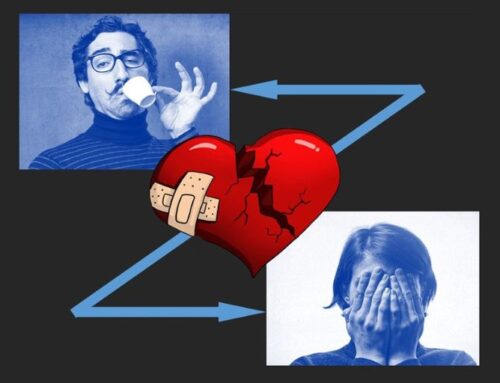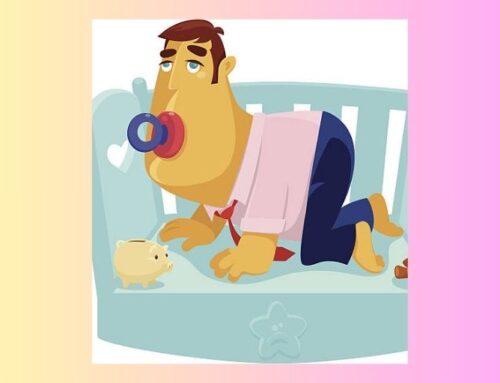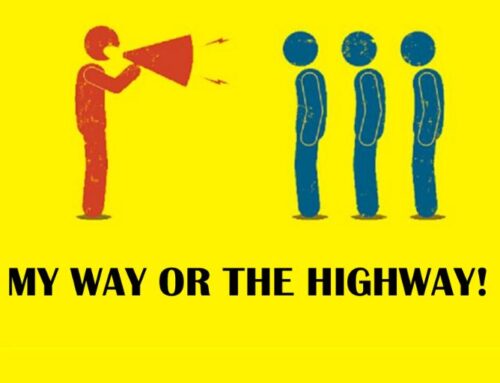Neediness is relationship poison. But rather than focus on the relationship, let’s put the focus on you — at least to begin with.
So, here is the real question for you: am I needy or are my healthy, legitimate needs not being met in this relationship?
You see, there is a difference between neediness and having needs. Therefore, let’s talk about the nature of neediness.
Am I needy?
Everyone has needs, but not everyone is needy.
A core difference is that, at its base, neediness is fear—a devastating fear that you, for whatever reason, will never be loved unconditionally. Sadly, neediness is a bottomless pit, because no one will ever be able to give you the assurance that you seek.
Neediness expresses itself in various ways, for example:
♥ Your focus is consistently on your lover – their feelings, needs, wants and desires. What you feel, need, want and desire (if you even know) doesn’t rate a mention.
♥ When you do express your feelings and needs, it’s done indirectly or through emotional manipulation e.g. in a way that begs for pity or through making ultimatums.
♥ You resent your lover when they don’t pay sufficient attention to you.
♥ You consistently look for ways to make them love you more.
♥ You believe it’s your job to fix your lover – their faults, problems, addictions etc. You are caught up in care-taking them or attempting to control them.
♥ You believe that if you adjust your behavior or expectations you might get what you want.
♥ Your world revolves around your lover. You’ve given up pursuing your own dreams and goals. Everything hinges on them — their moods, their desires.
It might seem contradictory, but the needy person is both self-focused and, at the same time, self-abandoning.
How do non-needy people get their needs met?
We all need acceptance, safety, belonging etc. Everyone has the honest, human need for reciprocated love. But the difference between healthy needs and neediness is that gnawing fear along with the mistaken belief that the void within can only be satisfactorily filled by someone else. Non-needy people have no such void within.
So, let’s talk about how non-needy people get their needs met:
♥ They know their legitimate, healthy needs and can articulate those needs to important others.
♥ They are discerning. They only invest in relationships, romantic and other, where those needs can realistically be met.
♥ They don’t exclusively rely on others for what they need. Most especially, they know how to source safety within themselves first and then within relationships second.
♥ They exercise healthy boundaries in relationships. They know their limits –physical, emotional and psychological — and can thus protect themselves from being used and abused by others.
♥They have a solid sense of their own worth and, when their legitimate needs are not being met, they make sensible decisions about the future of the relationship.
Is my lover emotionally unavailable?
Let’s now consider the emotional unavailability side of the original question. We’ll start with a definition:
Someone who is emotionally unavailable avoids talking about their feelings and needs or is difficult to connect with at an emotional level, especially when the going gets tough. In other words, they are emotionally evasive. We could also call them love-avoidant.
A relationship with a love-avoidant is painful. So, if you are experiencing insecurity in a relationship, then it may be that your lover is unavailable, meaning that they are unable or unwilling to give you the assurance that you crave.
And I use the word crave advisedly, because this kind of loving, based in co-dependency, is addictive. It becomes a relationship pattern for certain individuals, particularly those with needy tendencies — they routinely attract emotionally unavailable lovers.
But it takes two to tango. The more the needy person pushes, the more the love avoidant person pulls away and so it goes. The love avoidant and co-dependent need each other to perform the dance. It is an excruciating pattern, because, for the needy, co-dependent person, the inevitable rejection reinforces a deeper belief that they are unlovable. And we might ponder if that indeed is the point.
Of course, non-needy people can become involved with emotionally unavailable lovers, but usually they don’t stay there for long. And non-love avoidants won’t stay long with an emotionally needy person. Both seek healthier relationships.
So, what do I do?
No one can tell you if you are needy or not. But I invite you to consider the following questions:
♥ Do some of the characteristics of needy people ring a bell for me? When it comes to love, are my choices, actions and beliefs fear-based?
♥ Do I have a pattern of attracting emotionally unavailable or love-avoidant partners?
If you believe you are needy and you’re through with relationship pain, then reach out for help from a qualified professional.







